In many cases, it can be useful to stop nausea and vomiting with effective means and thus bring about an immediate improvement in well-being. However, the treatment is not always with Antiemetics displayed, which is why the cause of the fault should be clarified first.
What are Antiemetics?

Under Antiemetics one understands a group of medicaments that have a direct effect on the vomiting center and thus lead to a quick improvement of the condition in the case of nausea.
Its most important areas of application are chronic dizziness, migraines, motion sickness or the containment of undesirable side effects of chemotherapy. Depending on the type and severity of the underlying disease, the use of herbal or chemical antiemetics can be considered. The latter are available over the counter as light self-medication, while for stubborn cases there are also high-active prescription drugs available.
Due to their specific mode of action, antiemetics are only helpful if the nausea was not caused by mechanical obstruction of the gastrointestinal tract. The antiemetic treatment of nausea due to poisoning is contraindicated, since vomiting in these cases often represents a protective function that should not be stopped.
Medical application, effect & use
One of the most common causes of nausea and vomiting is motion sickness (kinetosis), as it is known as motion sickness or seasickness.
It arises from contradicting information which is passed on from the sensory organs to the brain and is not processed there adequately. Antiemetics with the active ingredient dimenhydrinate belong to the group of antihistamines, have a soothing effect on the central nervous system and are also available for children in the form of chewing gum and suppositories. They should be taken about an hour before departure to prevent nausea and vomiting in the first place.
If the nausea is caused by more serious illnesses such as migraine or Menière's disease, the doctor may prescribe stronger antiemetics with active ingredients such as betahistine, which have a vasodilating effect in the inner ear and thus have a positive effect on the organ of equilibrium.
Home remedies ↵ for nausea Treatment with neuroleptics can be considered if the nausea is due to psychological causes. Here, however, a sense of proportion is required, as the antipsychotic and antiemetic effects are offset by severe side effects. Therefore, a second medical opinion should be obtained before taking antiemetic neuroleptics.
Herbal, Natural & Pharmaceutical Antiemetics
Anyone who regularly suffers from nausea and vomiting should start treatment with the gentlest means and first rely on herbal substances. First and foremost, ginger should be mentioned, which has been known for its antiemetic properties for centuries.
For treatment, the freshest possible ginger root is used, which can be enjoyed as a spice or freshly brewed as a tea. Bitter substances, such as those found in wormwood or artichokes, are also used against nausea. If this treatment remains ineffective in individual cases, homeopathic remedies such as Nux vomica or Cocculus are also available for the disease. It is also worth trying high-dose vitamin B, which is available in pharmacies.
If treatment with chemical agents cannot be avoided, the active ingredients dimenhydrinate and diphenhydramine should be tried first. In severe cases, when persistent nausea massively affects the quality of life, a doctor should be consulted. He not only clarifies the cause beyond doubt, but also prescribes antiemetics with active ingredients such as scopolamine or metoclopramide if necessary.
You can find your medication here
➔ Medicines against nausea and vomitingRisks & side effects
In principle, the risks and side effects of drugs should not be underestimated. This also applies to the group of Antiemetics.
Depending on the type of active ingredient used, the undesirable effects can be very different: They range from dry oral mucosa, tiredness and accelerated heartbeat when using travel chewing gum to psychotic states in the event of an overdose of scopolamine preparations or neuroleptics.
Anxiety, sweating and physical restlessness can also be triggered by antiemetics. In any case, the stronger the active ingredient, the more carefully the benefits and risks should be weighed against each other.In any case, unclear complaints should be clarified medically while taking stronger antiemetics.


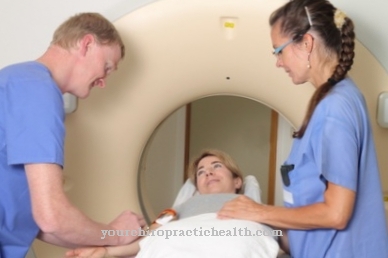
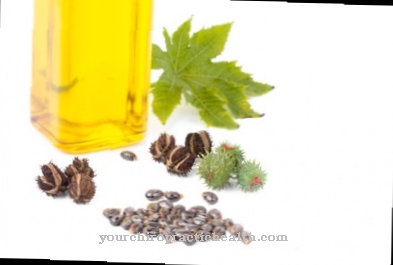




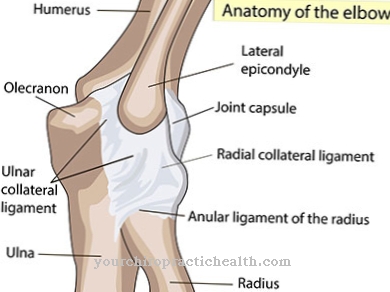


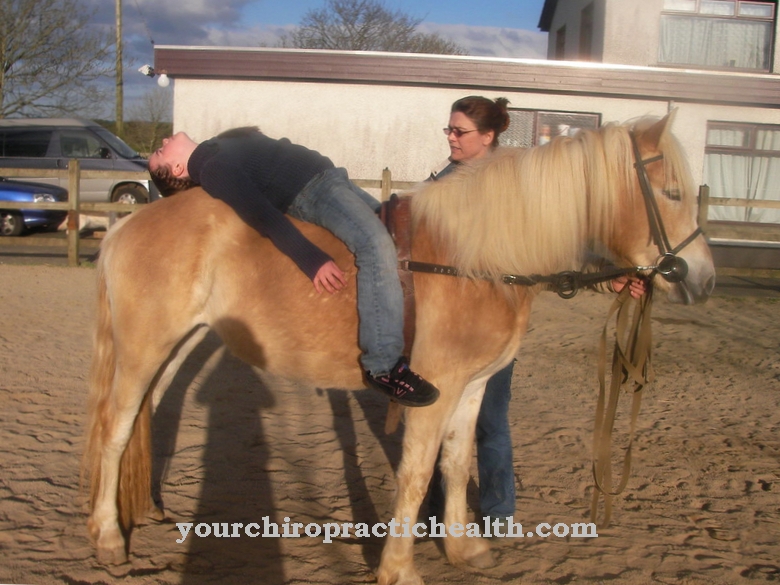
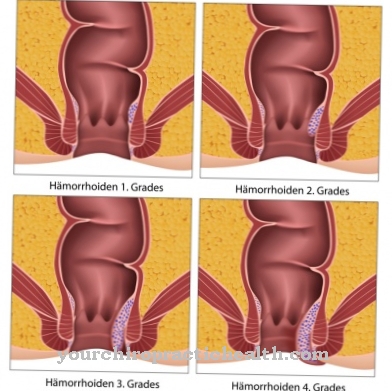
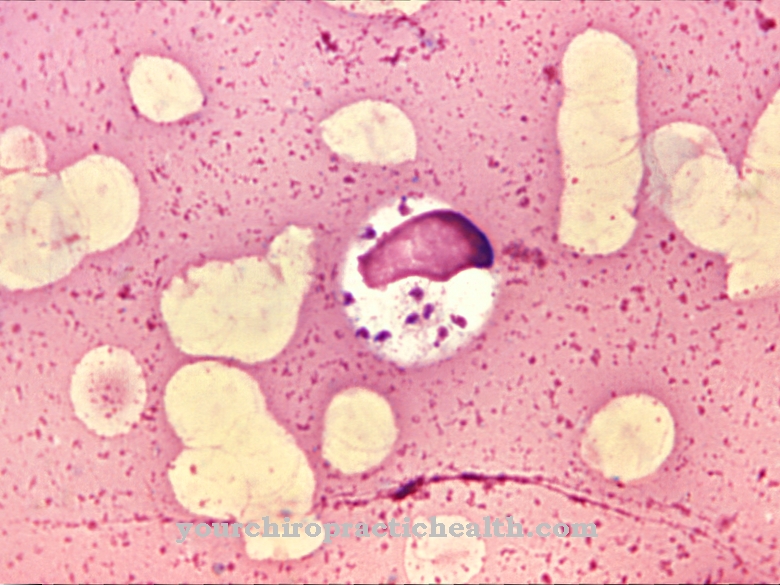


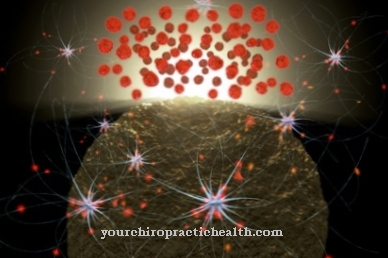
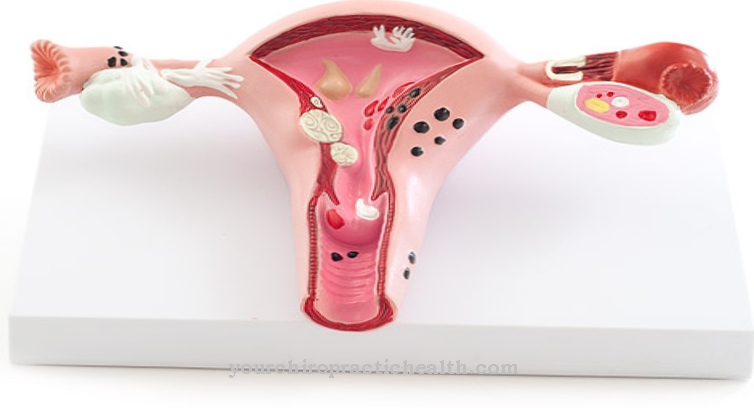



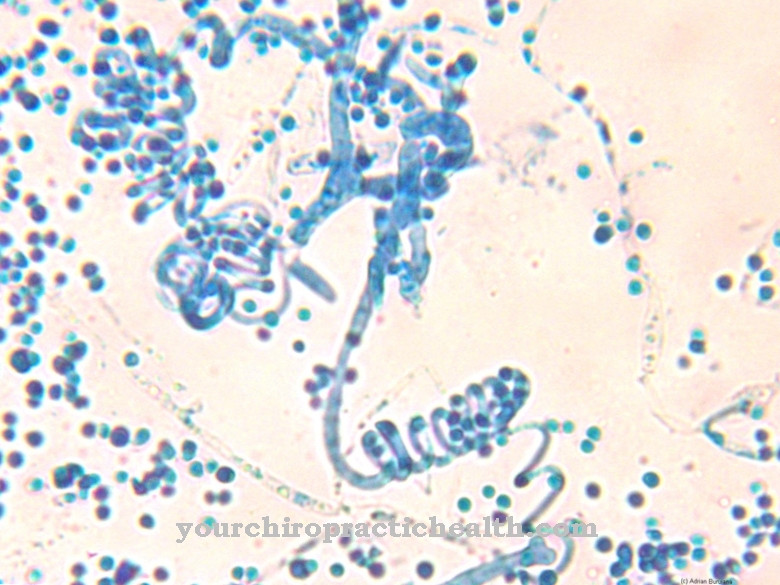

.jpg)
.jpg)


.jpg)
